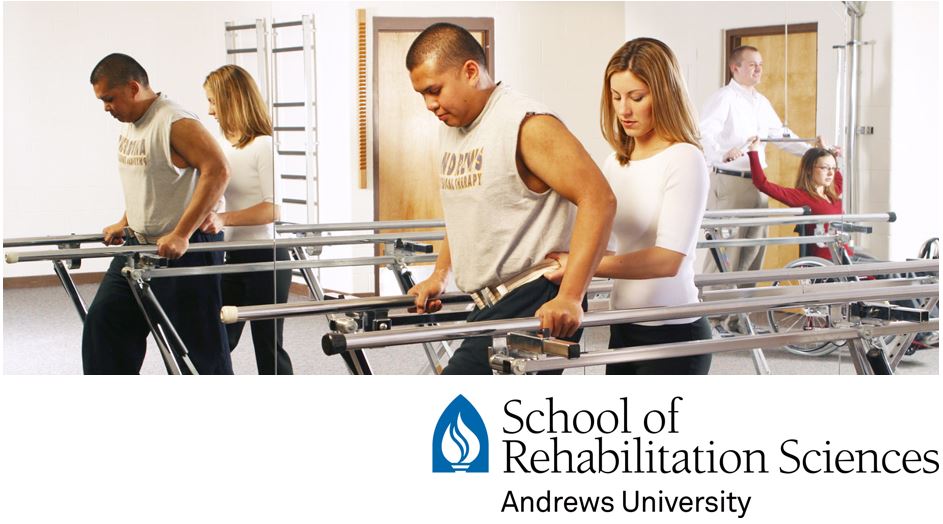Document Type
Article
Publication Date
11-30-2021
Abstract
The educational system prioritizes the development of skills required in the 21st Century, which focuses on students’ needs such as collaboration, creativity, and competence. However, many countries cannot achieve the necessary skills without quality education, especially for developing countries like Kenya. In the past, Kenya's aim of the 8-4-4 system of education was self-reliance, but the aim of education was lost because it became too academic and exam-oriented. The current educational ministry's target is to implement a competency-based curriculum (CBC), 2-6-6-3, introduced in 2019 to meet the vision 2030 of science and technology and innovation. CBC requires students to be engaged in class to become creative thinkers and develop knowledge and skills to meet the vision of 2030. This paper seeks to provide a comparative analysis of the 8-4-4 and the CBC to explore and critique the future of CBC well as a comparative review analysis of the 2019 Kenya census was reviewed and retrieved from the 2019 Kenyan census using secondary data. Also, this paper answers two questions 1. What skills should Kenyan teachers have to meet the aspiration of the 2030 vision? 2. What resources are needed to ensure the proper implementation of CBC? Based on the analysis, Kenya has adopted a new Competence-Based Curriculum (CBC) for student-centered learning to improve and guarantee quality and equitable education.
Journal Title
International Journal of Education Technology and Science
Volume
1
Issue
4
First Page
155
Last Page
169
Publisher
Globets
City
Ankara, Turkey
First Department
College of Health & Human Services
Second Department
School of Rehabilitation Sciences
Recommended Citation
Kereri, Dovison; Nyaboke, Roseline; and Nyabwari, Loice K., "Competence-Based Curriculum (CBC) in Kenya and the challenge of vision 2030" (2021). Faculty Publications. 12.
https://digitalcommons.andrews.edu/pt-pubs/12
Acknowledgements
Posted with permission, College of Health and Human Services at Andrews University
Files over 3MB may be slow to open. For best results, right-click and select "save as..."



